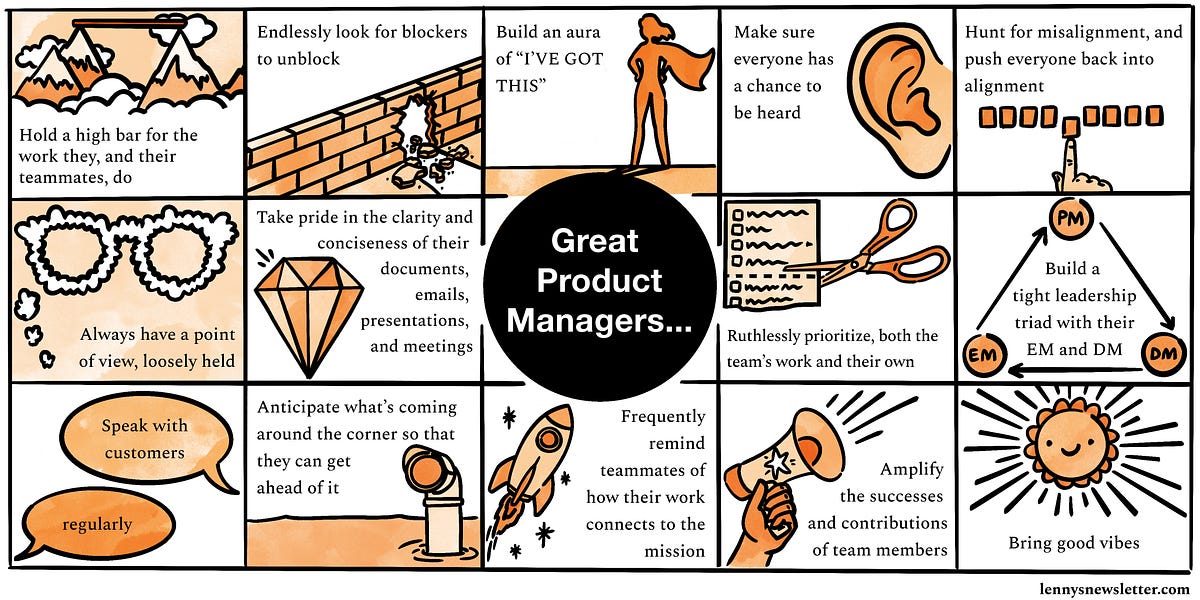- Onsite team: a physical office space where all teams work - Remote, co-located, or 2nd office: small number of employees with similar skills committed to common performance goals working - Distributed teams (virtual teams): group of employees who are geographically dispersed with no physical officeBest practices for hiring a remote team - Find an... See more





